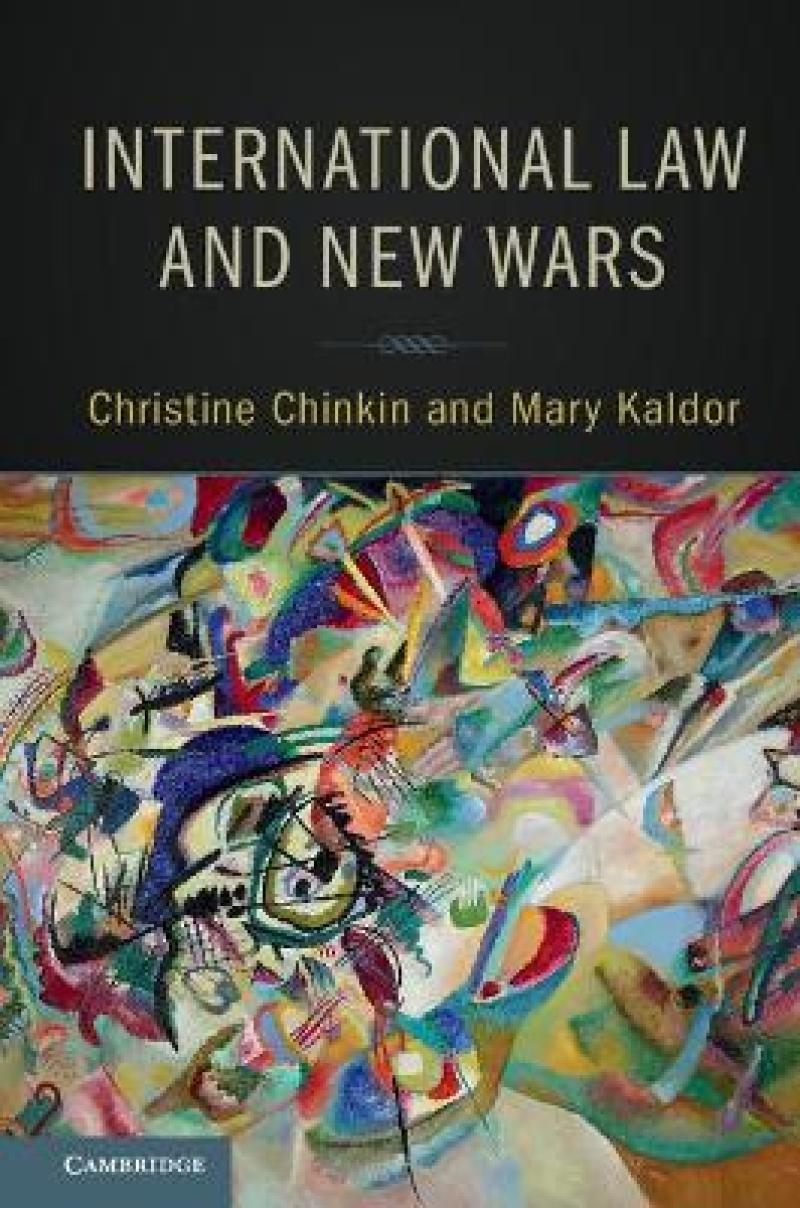'Chinkin and Kaldor understand deeply and explain clearly the legal issues and distortions involved in justifications for international interventions into 'new wars' and their aftermath. Their human security lens provides new creative focus to a burgeoning literature.' Antonia Chayes, Tufts University, Massachusetts
'An inspired collaboration between two leading world experts on the linkages between international law and war. International Law and New Wars is an outstanding contribution to scholarship, being the most comprehensive and authoritative treatment of this most important of all current global challenges. It seems to be the most significant book on international law published in the last decade.' Richard Falk, University of California, Santa Barbara
'International Law and New Wars is a magisterial achievement of breathtaking power and originality. Chinkin and Kaldor lay out a realistic and achievable blueprint for peace and security in the twnety-first century.' Anne-Marie Slaughter, President and CEO, New America
'Christine Chinkin and Mary Kaldor's International Law and New Wars should be on the reading list of every service as well as that of the Chair of the Joint Chiefs of Staff, and it should be taught in every war college. … [T]his is a book that should be read again and again. It is an energizing vehicle for facilitating vigorous discussion.' Cornelia Weiss, Parameters
